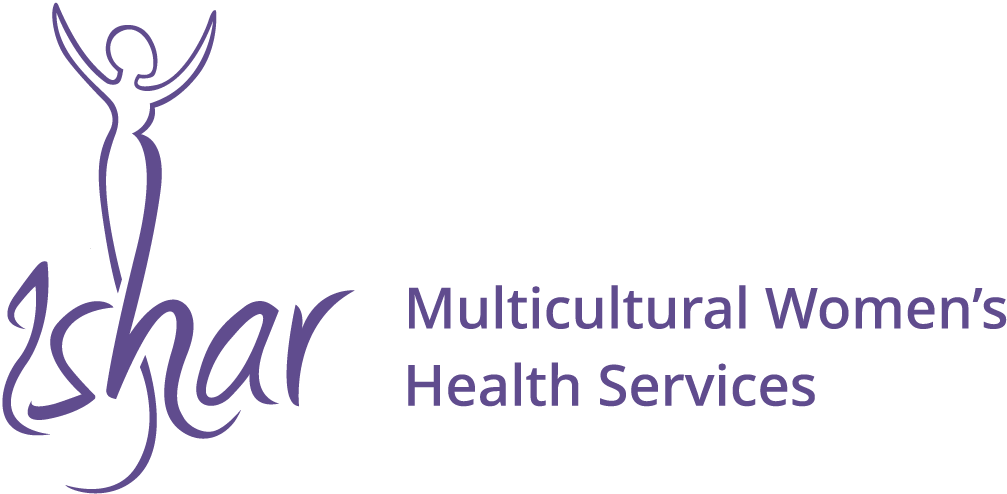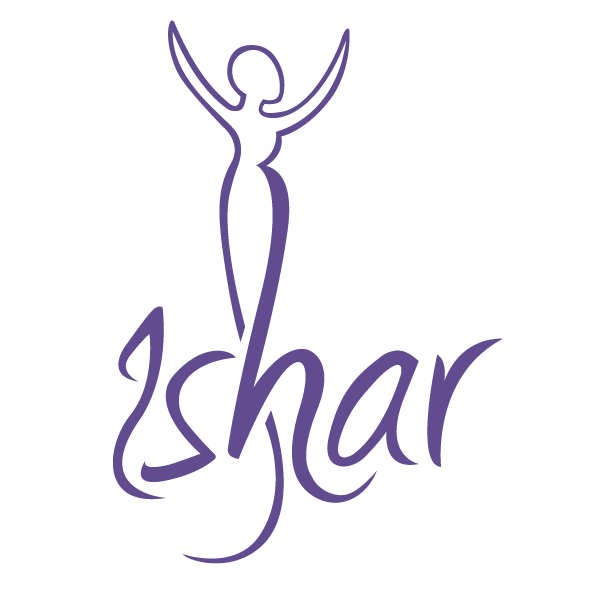Publications
Breaking Barriers: Resources in Language Unveiling the Faces of Family and Domestic Violence
Ishar's multilingual resources, including the information booklet and safety plan available in Hindi, Arabic, Chinese, and English, represent a groundbreaking milestone in preventing and addressing family and domestic violence. By articulating the various manifestations of violence in language, Ishar works with survivors to recognise violence and empowers them by utilising the survivors' strengths and providing them with the skills, knowledge and resources to rebuild their lives.
Safe To Tell
Ishar, in partnership with Sexual Health Quarters, is proud to launch culturally and linguistically diverse multilingual video resources as part of the “Safe To Tell” project. These videos, produced in English, Arabic, Farsi and Mandarin, will help to improve a woman’s awareness of, and confidence in, identifying and responding to experiences of intimate partner violence, reproductive coercion and domestic violence.
Your Money & Financial Well-Being
The “Your Money & Financial Wellbeing” booklet is a part of the ongoing “Financial Literacy and Its Relationship to Health and Wellbeing Project”, funded by the Office of Multicultural Interests. The booklet is available in print and electronic form in English, Arabic, Farsi, and Vietnamese to facilitate wider access to this important information.
Homelessness: The Invisible Epidemic
Migrant and CaLD women are stigmatised and sometimes ostracised for leaving violent relationships. They are accused of breaking up families and bringing “shame” to their families back home and hence they are more reluctant to seek help. These women also rely solely on their partners for their financial and everyday needs which further deters them from reaching out. Additionally, CaLD women usually lack the language skills and knowledge to navigate through the often complex and bureaucratic housing and legal systems.
Education: Empowerment for Women
Globally, 65 million girls are not in school. 17 million girls of primary school age will probably never attend school in their lifetimes. One third of girls in the developing world are married before the age of 18, and 1 in 9 are married before the age of 15. According to the United Nations, undereducated women are also most vulnerable to trafficking, abuse, and unplanned pregnancies.






